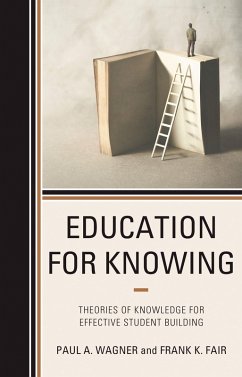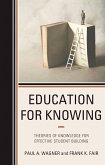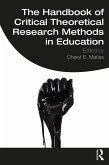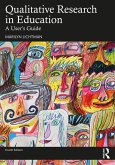If our goal is Education for Knowing, as the title says, then we need to be guided by a conception of what knowing is. For example, we can all agree that there are "math facts" that students need to learn, and we can agree that there are general concepts and laws that students should be acquainted with. But is there more involved, perhaps something like nurturing in students a desire to probe deeper into the workings of thing? Or developing a capacity to explain why things work the way they do? Our conceptions of what genuine knowing is serve as guides to what we think the goal of education is, and they tell us how to "build a student." However, as it turns out, there are multiple conceptions of what knowing truly involves, and these conceptions tend to be different for different sets of education stakeholders such as parents and their children, school administrators, and educational researchers. Understanding this diversity of conceptions of knowing will make it easier for representatives of the different stakeholder groups to work together to accomplish the goal of building knowing students.
Bitte wählen Sie Ihr Anliegen aus.
Rechnungen
Retourenschein anfordern
Bestellstatus
Storno









